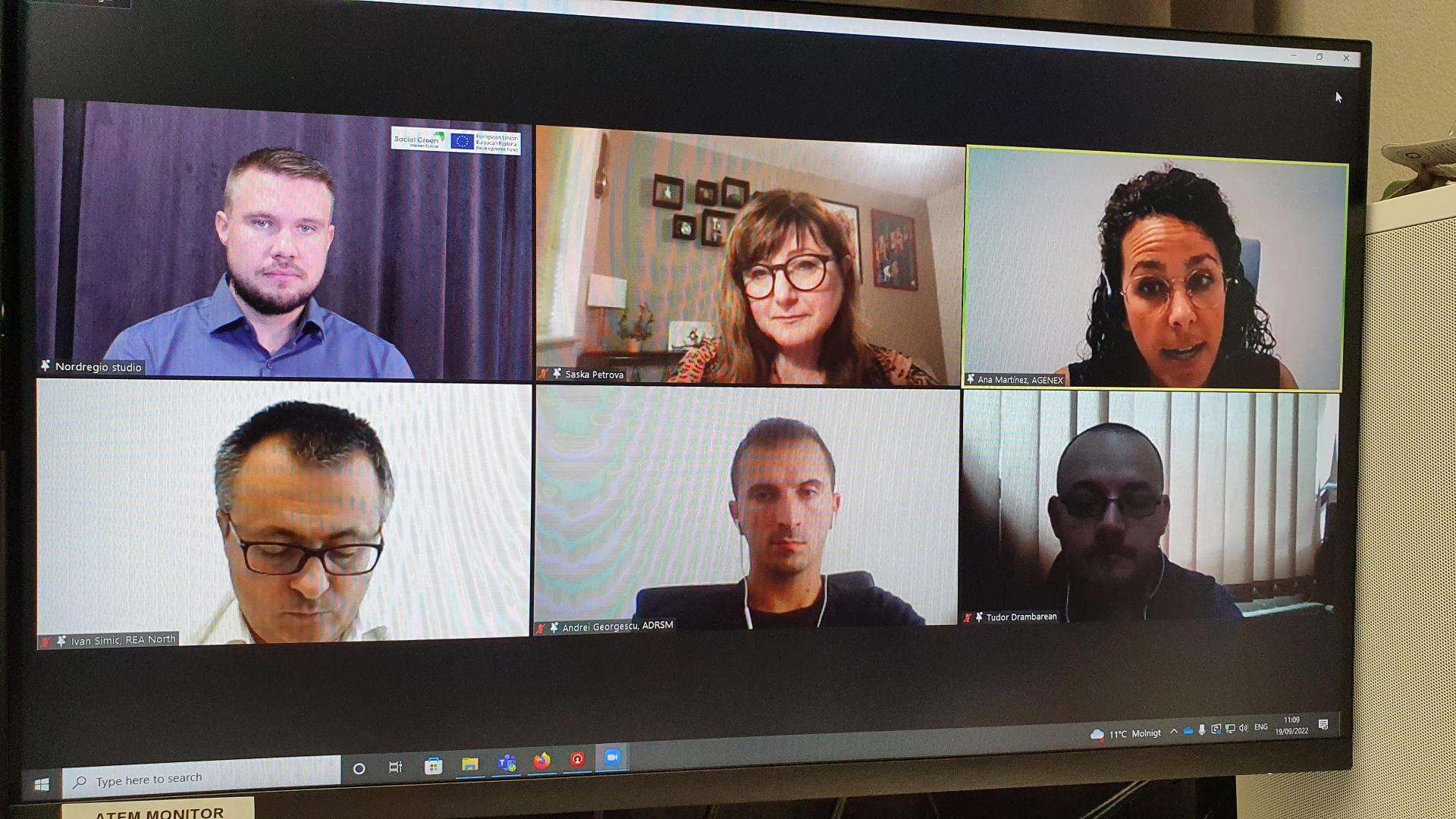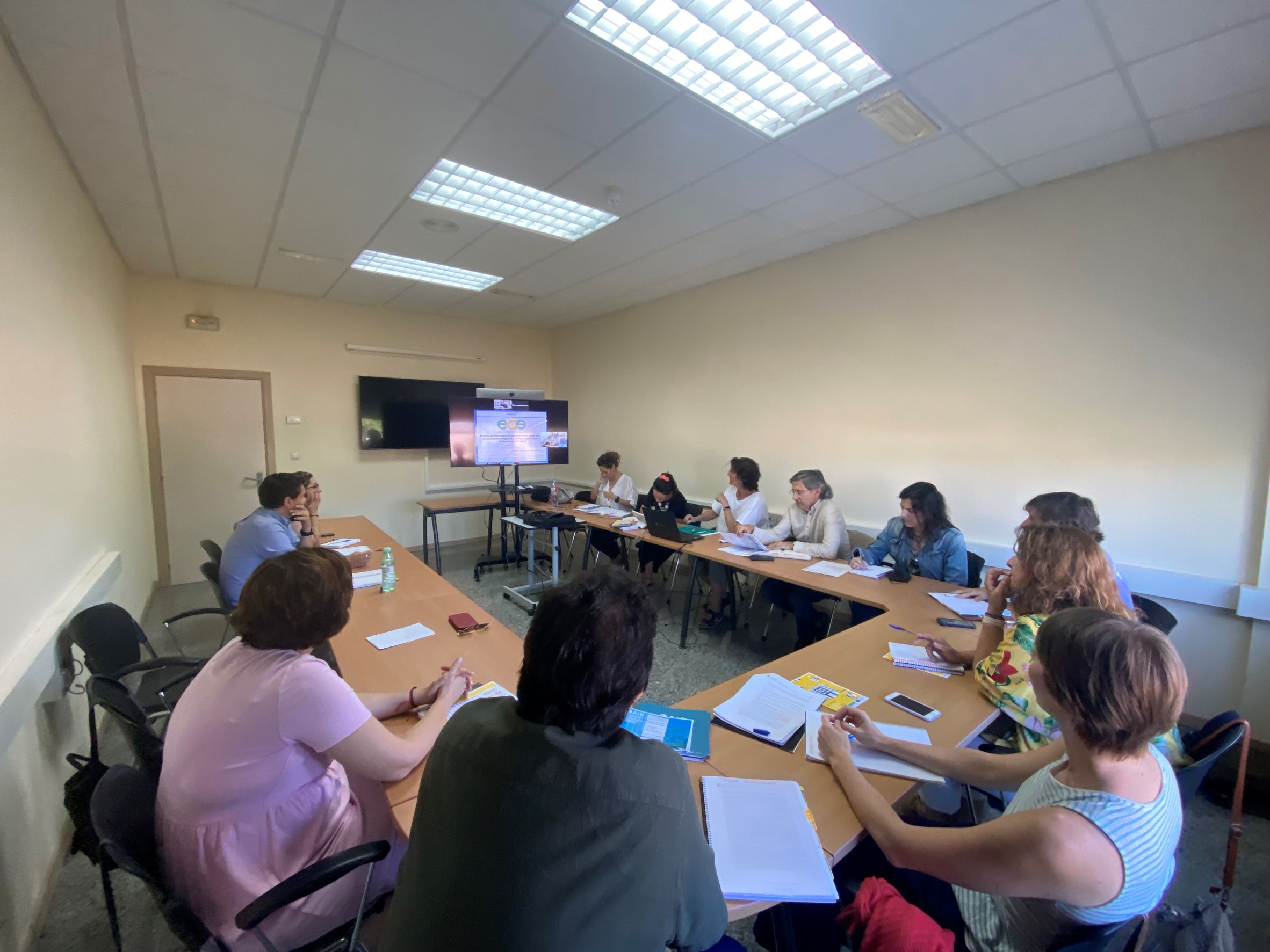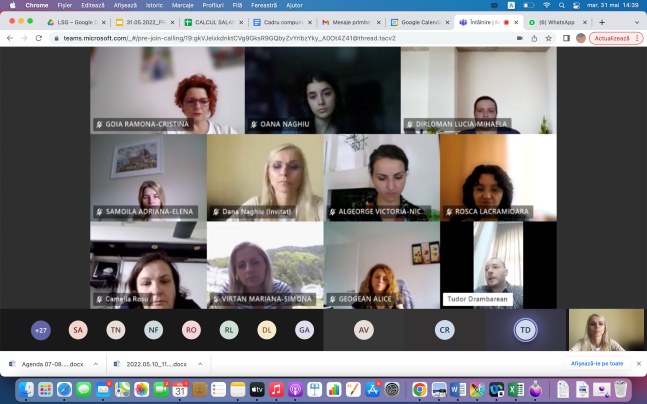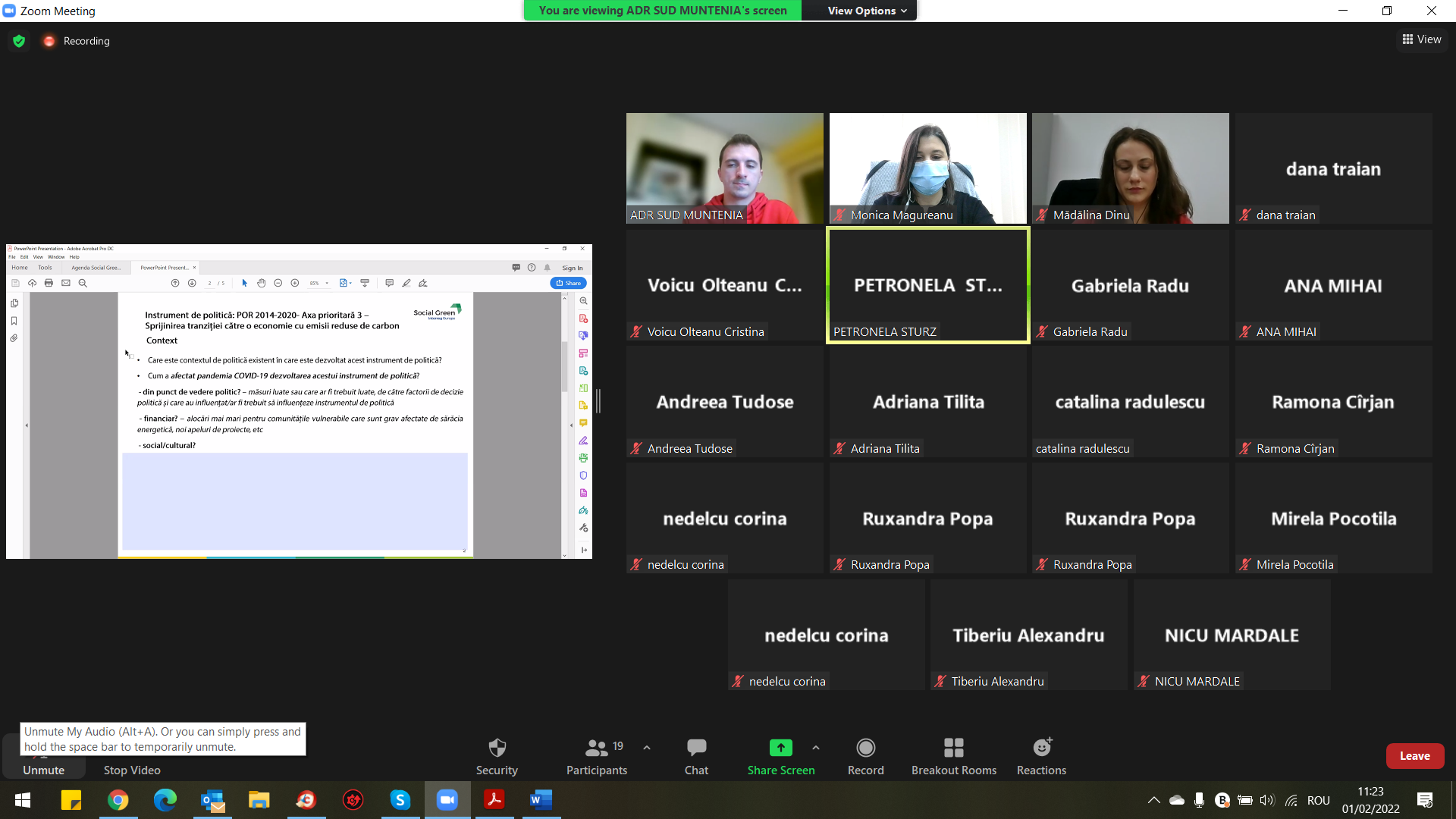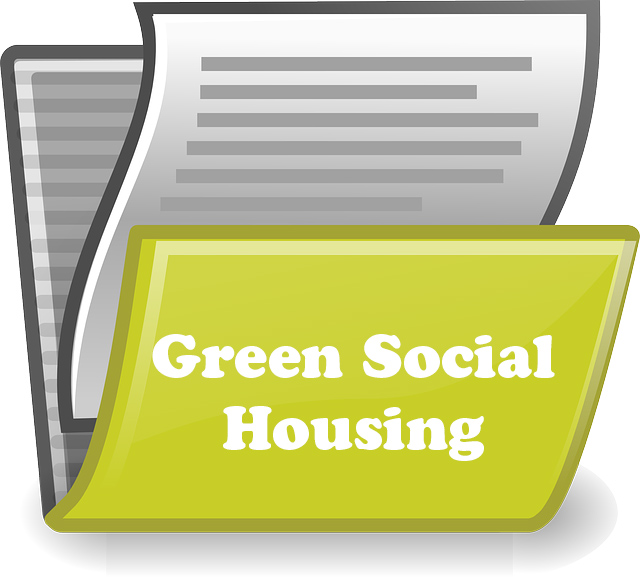Europe has endured a great deal of complication this past year. As the impacts of COVID-19 linger and the war in Ukraine continues, energy agencies and public authorities within the EU wrestle with how such crises affect the already complex work of tackling energy poverty. In this digital event, partners from the Social Green project reflected on the challenges facing green retrofit policy instruments and exchanged knowledge about their current work to combat energy poverty within Spain, Romania, and Croatia.
Lead partner Nordregio began by reviewing the Social Green activities during the fifth-call project period and by discussing the key take-aways of the final report (to be published at the end of September). These take-aways include the importance of existing structures to combat energy poverty, the high need for renovation projects across Europe due to old housing stock, major challenges of tenant scepticism and participation, challenges as well as newfound opportunities for green retrofits due to the COVID-19 pandemic, the significance of financial investment in rehabilitation work, and legislation as a barrier and an invitation to greening the social housing sector.
In their individual partner presentations, Agenex highlighted the allocation of recovery funds in Extremadura as a way to boost the energy renovation process while Alba Iulia Municipality spoke on opportunities to promote renewable energy within their pilot project. REAN discussed the use of solar PV to reduce energy poverty and shared details about their up-and-running solar mapping tool. Finally, Sud Muntenia Regional Energy Agency described the main challenges of energy poverty during the pandemic and their renewed focus on identifying and caring for vulnerable groups due to the crisis.
After presentations about the major findings from the project period, our partners were joined by Dr. Saska Petrova for a panel discussion about the status of energy poverty in Europe. The conversation turned from looking at the pandemic alone to the existing reality of the energy crisis across Europe and the difficulties of living in a time of multiple crises.
Energy vulnerable people should not be expected to govern crises. Crises are governed by governments. … It is the responsibility of our governments to create more resilient energy systems. We cannot expect the most vulnerable people in our society to become resilient in energy systems that are not resilient themselves. -Dr. Saska Petrova
The event was open to policymakers supporting the renovation wave, local and regional authorities/energy agencies working with green retrofits, and all who are interested in improving the situation for energy poor household. For those unable to attend during the 1.5-hour session in September, the recording is available online here.


